Look for brands with vegan-friendly options
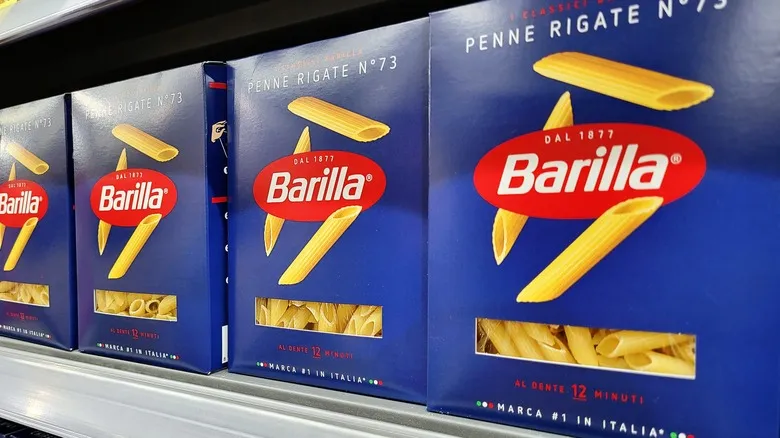
Numerous pasta brands are known for supporting vegan lifestyles. However, even those that primarily offer eggless and dairy-free options may still have a few products that aren't suitable for vegans. To navigate this, it's useful to remember two key points: first, identify brands with a diverse range of plant-based products, and second, be aware of the non-vegan exceptions within these largely vegan-friendly brands. For instance, Barilla pasta provides a broad selection of vegan options, but its oven-ready lasagne and three-cheese tortellini are notable non-vegan items. Whole Foods also stocks various vegan pastas, yet some of its ravioli choices, such as mushroom, butternut squash, and eggplant, are vegetarian but not vegan.
De Cecco is another brand that features many vegan pastas, though its Egg Pappardelle No. 101 and egg fettuccine are exceptions; fortunately, these products clearly indicate "egg" on their labels, making them easy to spot while shopping. Additionally, Colvita pasta is crafted solely from durum wheat and spring water, allowing vegan consumers to confidently select ingredients for their favorite pasta and all-purpose tomato sauce without concern for non-vegan components.
Lastly, there are several pastas made from bean flours. Options made from soybeans, edamame, black beans, chickpeas, yellow peas, and red lentils provide vegan shoppers with egg- and dairy-free alternatives. These pastas consist of just one ingredient: the beans from which they are made.
Check for vegan certification logos
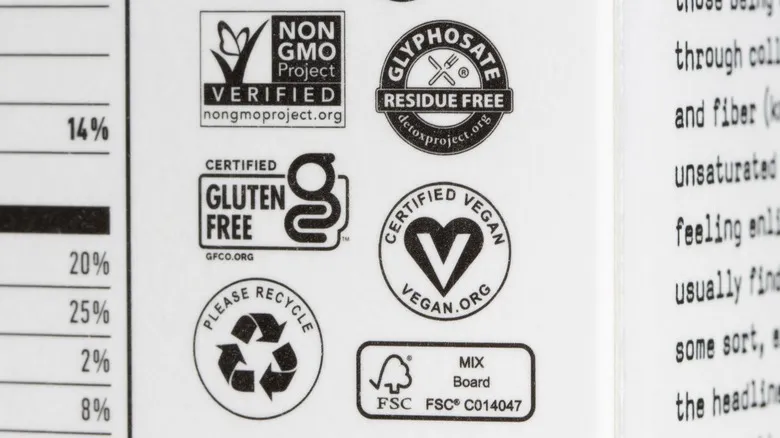
A reliable way to identify vegan pastas in grocery stores is by looking for the certified vegan logo prominently displayed on eggless and dairy-free options. The heart-wrapped "V" symbol indicates that the product is free from eggs and dairy. Managed by Vegan.org, this certification has been featured on over 15,000 products for the past 24 years, making it a familiar sight in plant-based communities.
However, despite its benefits, there are some important considerations for vegans to keep in mind before shopping. Firstly, food manufacturers must apply for certification to use the logo, which means not all vegan pastas are certified. Only those companies that have successfully completed the certification process can display the logo, so the absence of the logo does not necessarily indicate that a pasta is not vegan.
Secondly, companies that share production facilities and equipment with those that handle animal products can still receive certification. While these companies are required to ensure that their equipment is thoroughly cleaned and must disclose this relationship on their labels, there is no absolute assurance that their pastas are free from traces of animal products. Lastly, as of now, only about 91 pasta-related products have received vegan certification, and some of these are not pastas but rather sauces or soups. Therefore, it is likely that most pasta varieties available do not carry the logo but are still vegan.
Recommended
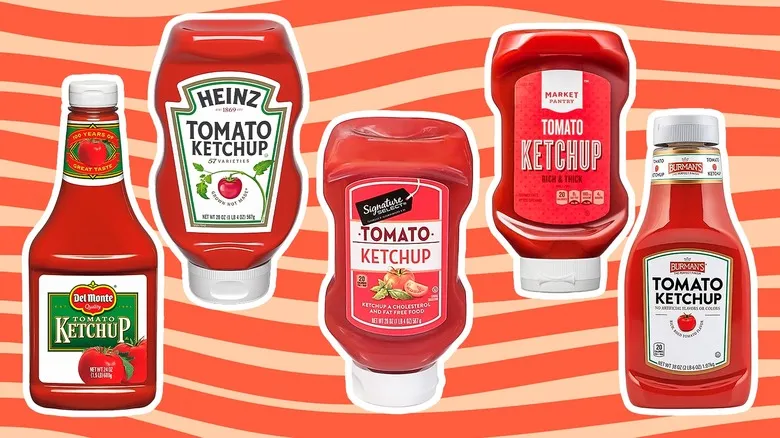
The Definitive Ranking Of Popular Ketchup Brands
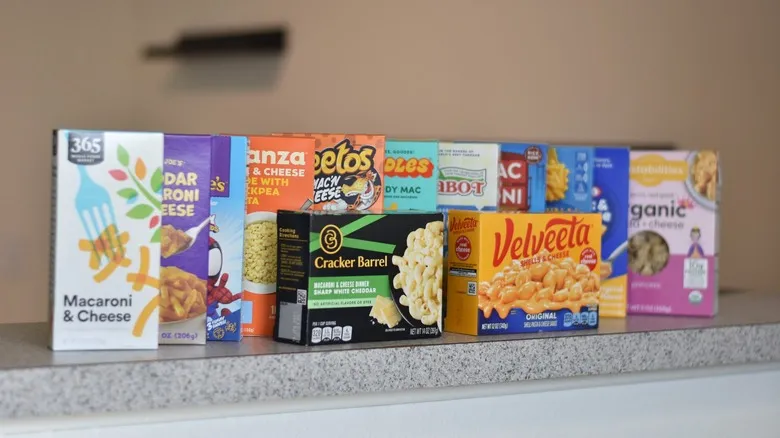
Popular Boxed Mac And Cheese Brands, Ranked
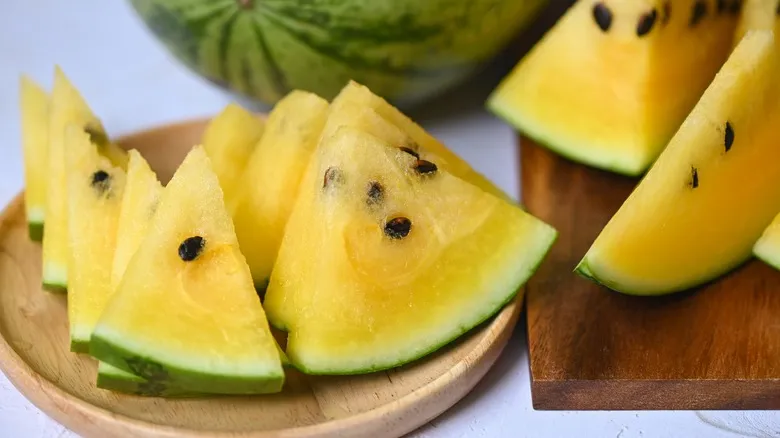
Where To Find Yellow Watermelon And How To Choose The Best One
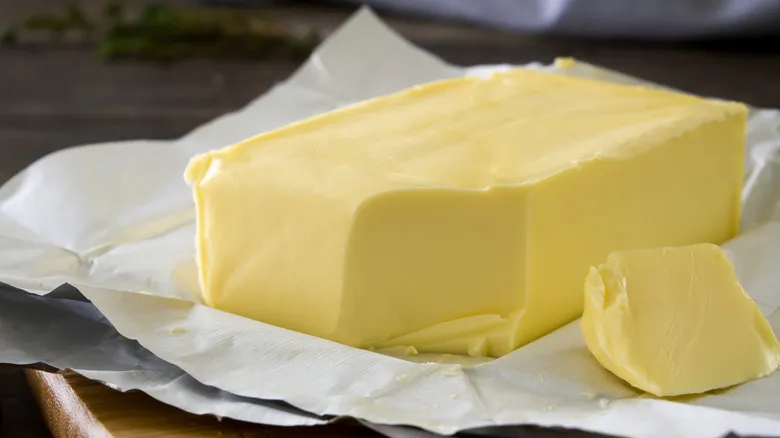
Does Grass-Fed Butter Really Taste Better Than Standard?
Next up

